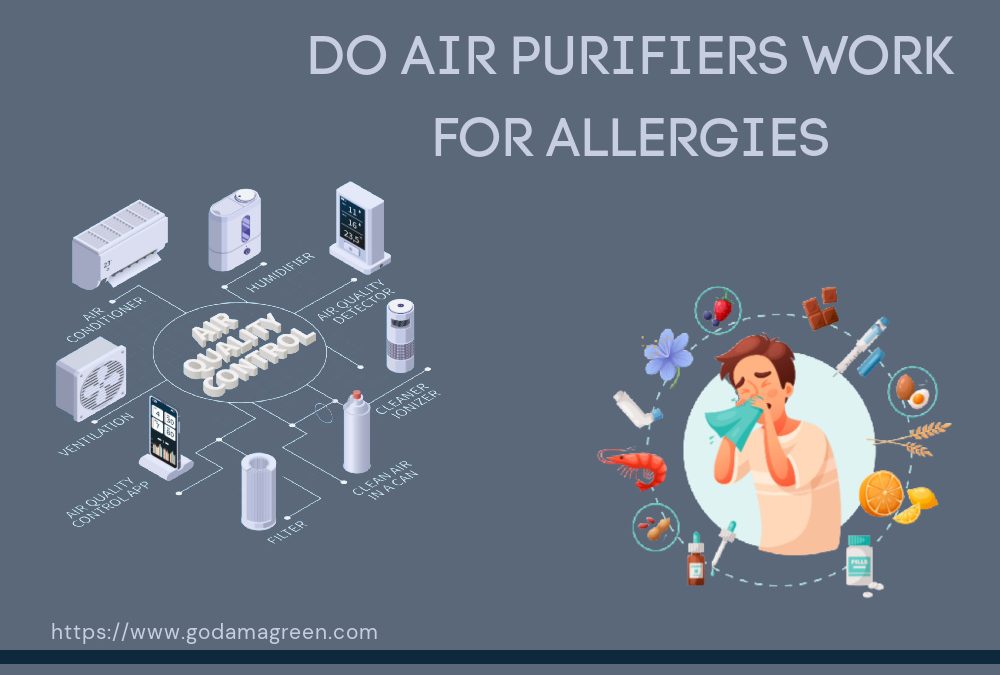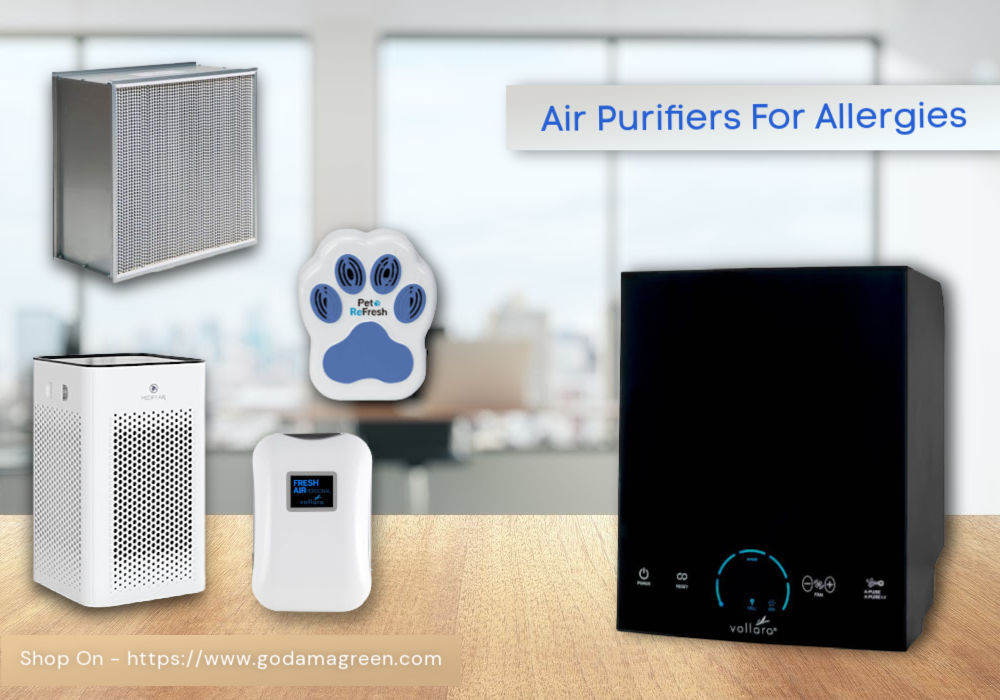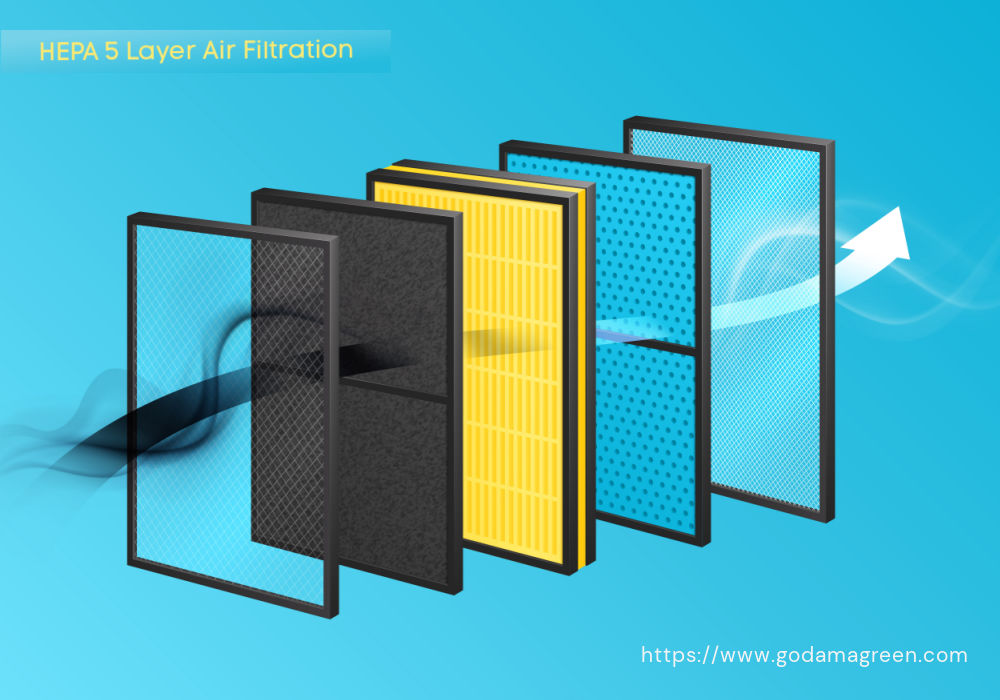Are you seeking an answer to “Do air purifiers work for allergies” or “would it be advantageous to get air purifiers for allergies ? ” I was in your shoes, therefore I can share some nuggets.
My Story
I’d been allergic to things for a long time. I frequently suffered from the flu, bronchitis, strep throat, and the mumps as a young child. I attempted a number of treatments, precaution, and every thing you can imagine. I kept changing doctors in the hopes that one might have a special drug that would make me immune. Sadly, for a very long period, nothing was beneficial for me. After doing all of that and attempting everything, a doctor’s advise led me to get an air purifier for my allergies. It took some time for me to recognize how significantly the small lifestyle shift had altered everything. I am living proof of this.
Research on indoor air quality
Numerous studies have found that under some circumstances, indoor air is far more susceptible to contaminants. According to a study by the United States Environmental Protection Agency, 90% of Americans’ time is spent indoors on average. The estimations are prior to the Covid -19 calamity, and the numbers have increased since then. Spending more time indoors is common among those who have cardiovascular or respiratory diseases.
Pay attention to indoor air pollutants and their sources
- Carbon monoxide, particulate matter, and environmental tobacco smoke are caused by combustion.
- Other natural substances in indoor air, such as radon, mold, and pet dander, are of natural origin.
- Pesticides lead asbestos.
- Ozone from some air cleaners etc.
I suggest you go with the EPA’s report to better grasp the study.
What to look for in air purifiers for allergies
There is no brainer in purchasing an air purifier that has smart functions, like touch controls, ambient lighting with an inbuilt entertainment system, etc., but missing basic and important components such as a filter capable of capturing dust particles, viruses, pet dander, etc. You need to figure it out according to your own need.
The Filtration System-
For the filtration of bacteria, molds, radon, pet dander, and other kinds of dust particles, you need a filter that can remove all these microscopic particles.
HEPA (High-Efficiency-Particulate Air) filters are the best filters when it comes to the filtration of particles that have a diameter of 0.3 microns, with the filtration efficiency increasing for particle diameters both less than and greater than 0.3 microns. HEPA filters are capable of removing pollen, dirt, dust, moisture, bacteria(0.2-2.0) microns, viruses (0.02-0.3) microns, and submicron liquid aerosol (0.02-0.5 μm).
HEPA filters can capture-
- Pollen, dirt, dust moisture, bacteria (0.2-2.0 μm), virus (0.02-0.3 μm), and submicron liquid aerosol (0.02-0.5 μm)
- Other viruses and bacteria which are less than 0.3 μm
- Microorganisms include Aspergillus niger, Penicillium citrinum, Staphylococcus epidermidis, and Bacillus subtilis.
- It can capture floor dust which contains bacteroidia, clostridia, and bacilli.
Visit us for shopping air purifiers for allergies.
Way to measure the effectiveness of an air filter
Another important factor in selecting the best air purifiers for allergies is understanding the air filtering capability of an air purifier. Considering how much air goes through a filter impacts how effectively it purifies the air in a specific space, CDAR values are significant. When you have larger rooms, make sure to choose air cleaners with higher ratings.
CDAR ratings were developed by the Association of Home Appliance Manufacturers (AHAM) and recognized by governmental bodies such as the EPA and the Federal Trade Commission. You can read more about it on the Wikipedia page.
Now You can go with other aspects of an air purifier, like how it looks, the color, touch controls, ambient lighting, entertainment system, etc. But first, look for a HEPA filter and higher CDAR value when shopping for an air purifier for allergies.



